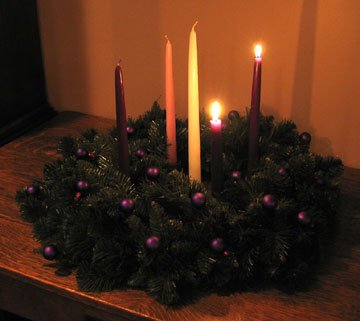Four Reasons It’s Not “Advent”
Warning: Undefined property: linknotes::$count in /var/www/vhosts/basil/kbsite/blog/wp-content/plugins/linknotes.php on line 87
Warning: Undefined variable $links in /var/www/vhosts/basil/kbsite/blog/wp-content/plugins/linknotes.php on line 75

Tomorrow begins the Christmas fast in Byzantine-rite churches following new calendars.[1] Notice that I did not call it “Advent.” Orthodox Christians sometimes lapse into calling this fast “Advent” because it overlaps with the Latin-rite season of preparation for Christmas which goes by that name. But ask yourself: Are they really the same? So, with a nod to the four Sundays of Advent, here are four reasons why they are not. Read the rest of “Four Reasons It’s Not “Advent””
Linknotes:
- For the Orthodox, the new calendar is the revised Julian calendar, which is almost identical to its counterpart in Byzantine-rite Catholic Churches, the Gregorian calendar. ↩
What people are saying about this article: 3 Thoughts by readers like you.
